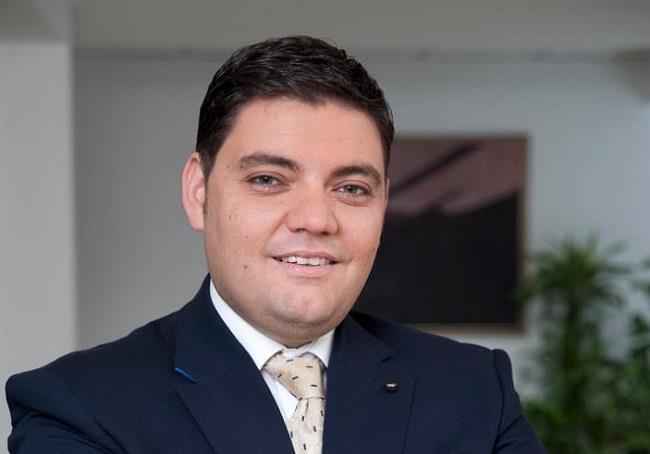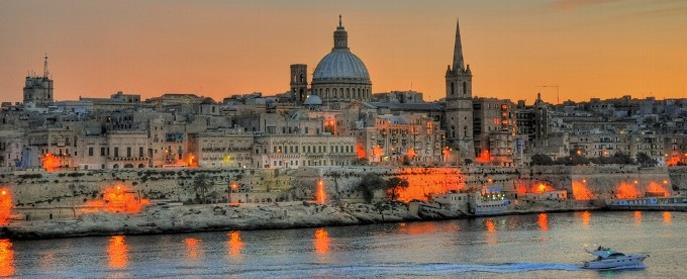Setting up local assemblies in any locality is no easy task; however Mayor of Valletta Alexiei Dingli has embarked on this ambitious initiative for the benefit of local residents.
A local assembly is an open meeting, managed by citizens who discuss the key issues and priorities of their residence.
“Rather than having just a handful of people looking after Valletta, we will have hundreds if not thousands on the alert, discussing what needs to be done...and helping us to achieve it in the best possible way,” said Professor Dingli.

Due to the vastly different groups of Valletta residents, different policies implemented by the council might work with a specific group but not others, said Professor Dingli. The solution to this problem comes in the form of creating a system which relies on citizen participation, he said.
Through this initiative, he said the Council hopes to increase citizen participation and enhance their engagement. It is also hoped that a reduction in bureaucracy is achieved. Lastly, the Council hopes to localise influences in the decision making process, and share this process with the people who will actually be affected.
The aim of this initiative is for the Valletta Local Council, the residents and other organisations to “shape the future of the neighbourhood,” said Professor Dingli.
The council is proposing the creation of seven local assemblies, namely: St Paul’s area, St Dominic’s Area, St Augustine’s area, Our Lady of Carmel area, youth assembly, elderly assembly and lastly a foreigners’ assembly.
“We’ve set up a few of the assemblies but others need help. We’re awaiting more manpower so that we can give it a push,” he said.

The aim of each assembly is to discuss the issues that matter to the citizen, find out what work is being carried out by the Local Council as well as suggesting how funding available to each assembly should be spent, said Professor Dingli.
He continued by saying that each assembly will have an annual budget to manage, and in order to spend this money, the assembly must make a recommendation to the local council based on its priorities. If the council agrees, it will approve expenditure in line with the Public Procurement Regulations, he added.
True to the principle of subsidiarity, Professor Dingli said “decisions should be taken closest to the people who are affected by them. Like this, people can understand how the council works, its limitations and also propose the changes which they need. After all, our aim is to make our locality better.”
“The main challenge is to get people to subscribe to it [the initiative]. It’s a new concept and unfortunately, people are weary to trust politicians,” said Professor Dingli.
Requirements for the assembly include meeting at least 3 times a year (beginning, middle and end of year), the creation and signature of a charter for each assembly, setting up a coordinating group within the assembly, the appointment of a chairperson as well as drafting an annual priority plan.
The Valletta Local Council appeals to any interested residents to get in contact with Professor Dingli, either via e-mail: [email protected] or via the Council’s Facebook page.